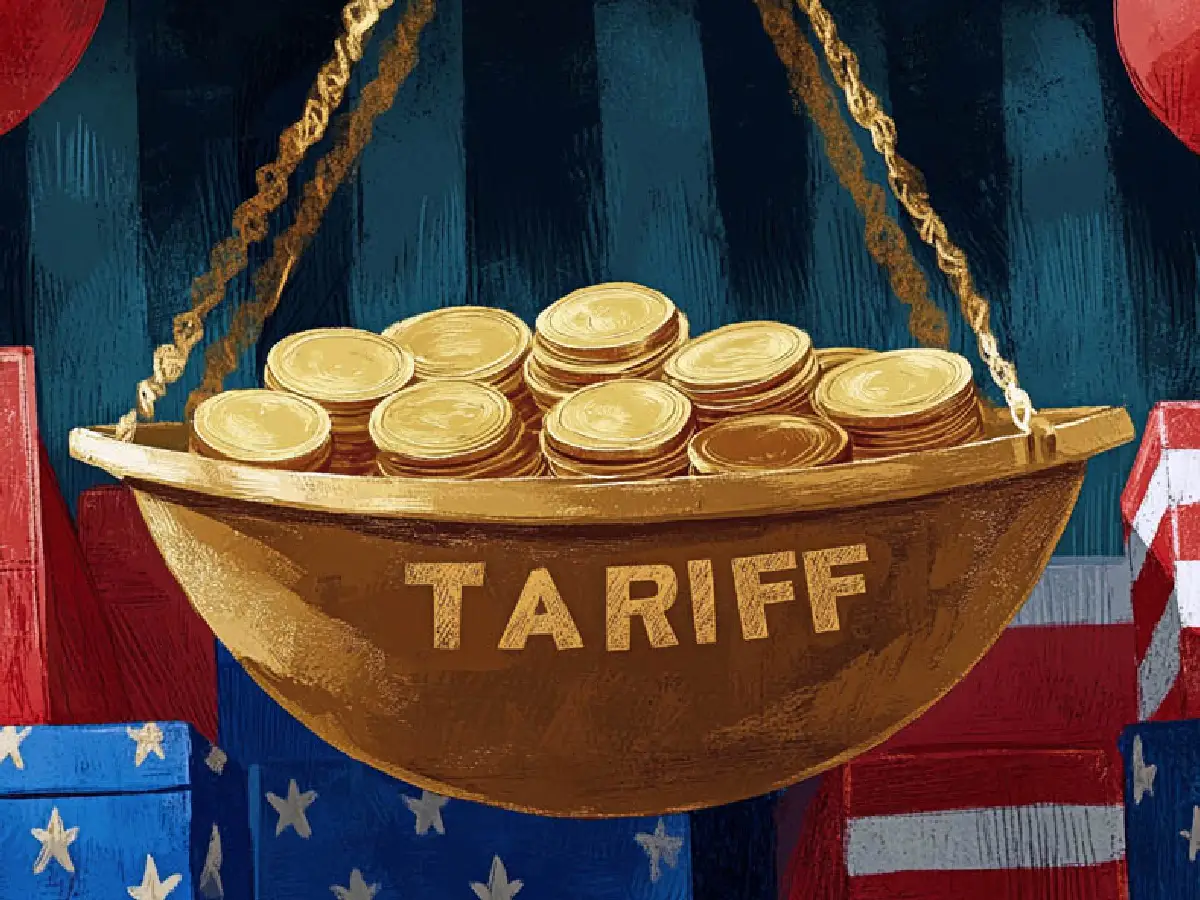### Unpacking President Trump’s Impact on Small Businesses
In the bustling world of entrepreneurship, the challenges of running a small business can be daunting. Taxes and regulatory requirements often top the list of concerns for business owners striving to carve out a niche in a competitive market. Recognizing these hurdles, President Trump has made promises to transform the landscape for small businesses. He pledged substantial tax cuts and a reduction in bureaucratic red tape, aiming to foster a more business-friendly environment. However, the reactions among entrepreneurs have been mixed, with some expressing concerns that other policies under his administration could be counterproductive.
#### The Promise of Eased Burdens
President Trump’s commitment to aid small businesses largely centers on financial relief. This comes in the form of promised tax reductions, which aim to leave more capital in the hands of business owners. Additionally, by cutting down on red tape, Trump intends to simplify the legal and administrative processes that can often be overwhelming for small businesses. These measures are supposed to encourage the inception of new ventures and support the growth of existing ones, contributing positively to the economy by increasing employment and innovation opportunities.
#### The Complexity of Implementation
Despite these promising proposals, the real-world application of such policies can be complex. Some business owners have reported that other executive decisions have inadvertently placed new burdens on their operations. For example, issues such as trade tariffs or changes in immigration policies can negatively affect certain sectors by increasing costs or causing labor shortages.
Entrepreneurs in industries reliant on imported goods have faced higher expenses due to tariffs, which can offset any gains from tax cuts. Similarly, companies that depend on skilled immigrant workers have struggled with stricter visa policies, which impact their ability to hire the talent needed to grow their businesses.
#### Navigating Mixed Outcomes
It’s clear that the impact of government policies on small businesses can be multifaceted. While some entrepreneurs have benefited from the changes brought forth under President Trump’s administration, others find themselves navigating new challenges that can stem from the broader policy environment. This mixed impact necessitates a closer examination of how such policies are formulated and implemented, ensuring that they truly serve the diverse needs of small business owners.
#### The Road Ahead for Small Businesses
Looking forward, it is crucial for policymakers to engage with the business community to gauge the effectiveness of their initiatives continually. By doing so, they can fine-tune strategies to ensure that the benefits intended by tax cuts and reduced regulations are not undermined by other policy decisions. For entrepreneurs, staying informed and adaptable is key. Engaging with trade associations, seeking legal advice, and perhaps most importantly, sharing their experiences with policymakers, can help shape an environment that truly nurtures the growth and sustainability of small businesses.
In conclusion, while President Trump’s efforts to cut taxes and reduce bureaucratic hurdles have been welcomed by many business owners, the overall landscape remains complex with other policies sometimes dampening the positive effects. The nd goal of fostering a thriving small business sector is an ongoing process that requires comprehensive planning and open dialogue between the government and the business community.










